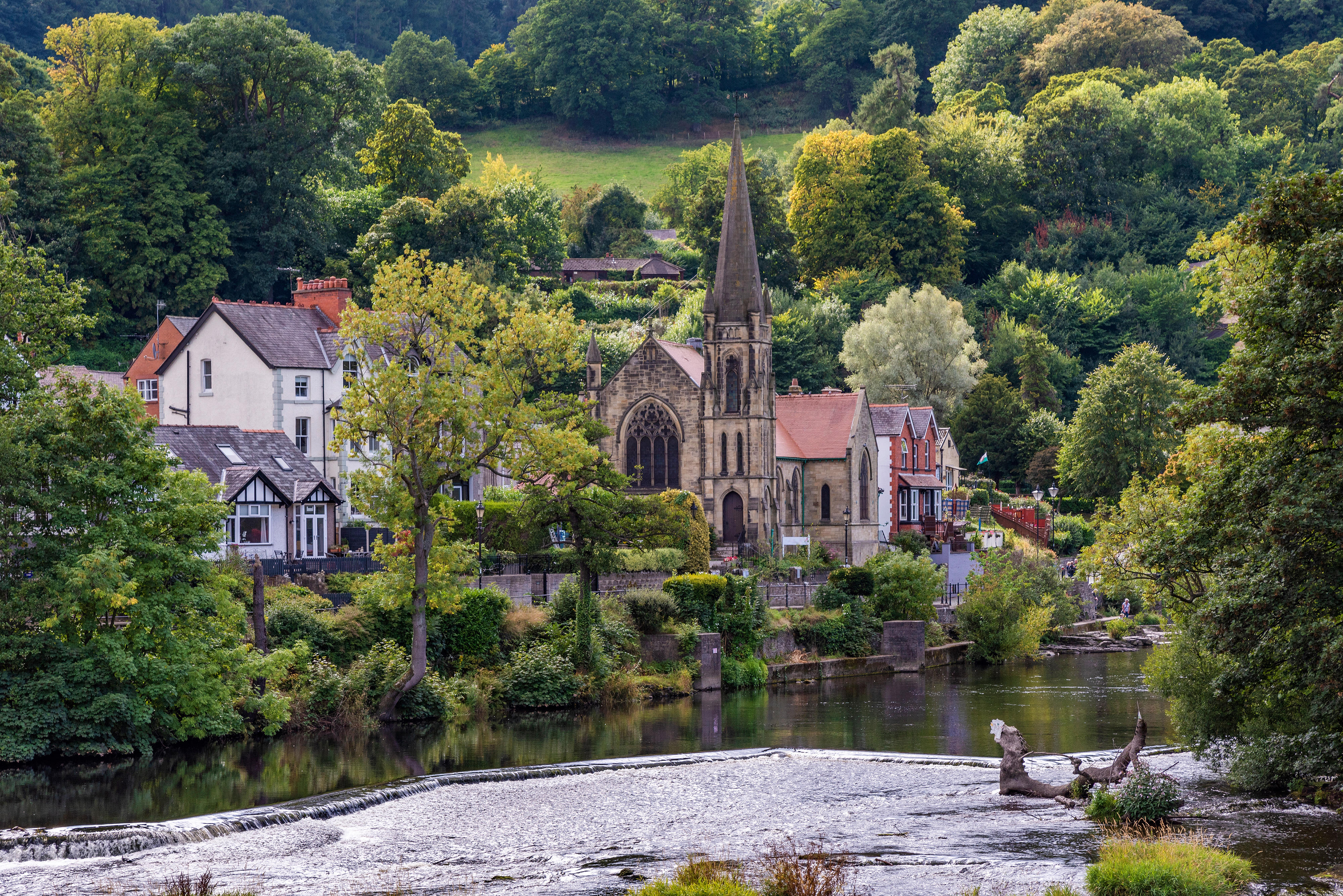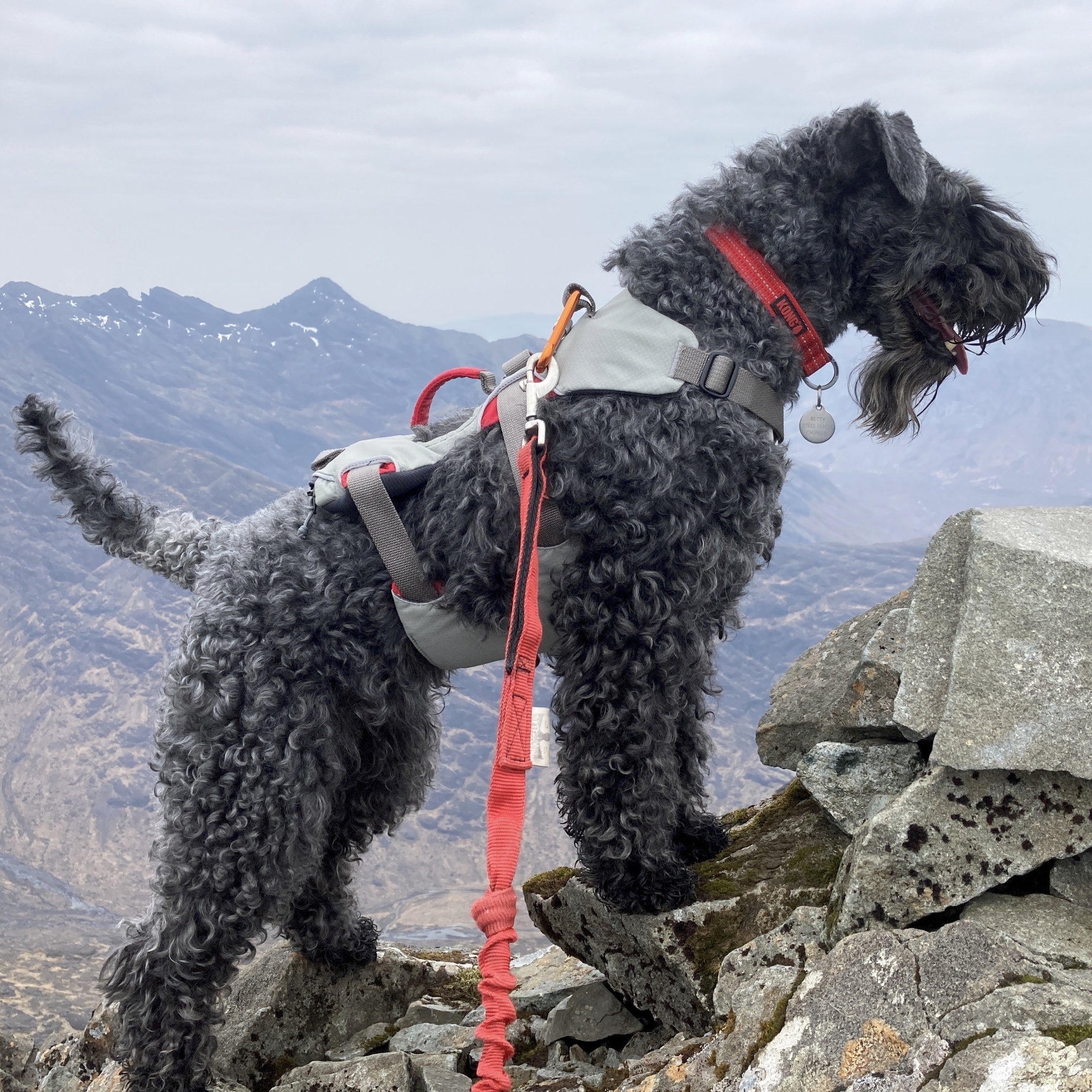Spectator: A bridge too far
As Olive heads to university in Bristol, Lucy considers new horizons.
According to Edith Olivier, a writer I very much admire, there are seven Roman roads in Wiltshire, but not all of these are still in use. When the Saxons arrived, they settled in the valleys, building tracks and roads that followed the course of rivers and streams.
These two systems the high roads and the low roads were the products of two different mindsets: the global and the neighbourly. The Romans had their eyes fixed on the horizon, but Saxon farmers only wanted to get to the village next door.
I’m a Saxon by nature, but a Roman by necessity. My recent horizons have been Shropshire and Bristol and, because I can’t retain information about routes and can’t read a map while driving, I had to put my faith in the satnav. Horizons have never been so hard to reach.
I know that everyone agrees that relying on the satnav leads to atrophy of the mind, a loss of free will and arrival at the wrong destination. What I didn’t know was that it will also lead you, if even remotely close, to the Severn Bridge. And, having led you there, it will abandon you just as you need to decide, rapidly, which barrier to approach.
As your mind has, indeed, atrophied and you’re now a slave to instructions, you will panic and, spotting lorries in one and ‘coins only’ at another (which you’ve just had to reverse out of), you will find yourself in the one headed TAG. Your card won’t work, the barrier won’t open and you’ll have to press the assistance button, which will be answered by a tired man who will tell you to put on your hazard lights and wait. The queue behind you will be irate and you will be covered in shame.
The man, who has clearly witnessed your dangerous earlier reversal, will (when he finally appears) explain that, out of multiple lanes, you have chosen the only one for which you need a direct debit and an electronic gizmo on your windscreen. There is no lorry lane. The one marked ‘coins only’ actually takes cards and cash. Which, I don’t say aloud, isn’t very helpful. I ring Zam later, but he only says: ‘Why on earth were you on the Severn Bridge?’
I vow not to use the satnav again, but to adopt the system of a friend who maps out the journey with Post-it notes all over the dashboard, each one with a separate instruction that she removes as she completes it. Sadly, my dashboard is too dirty, so the notes begin to fall off before I’ve reversed out of the garage.
Sign up for the Country Life Newsletter
Exquisite houses, the beauty of Nature, and how to get the most from your life, straight to your inbox.
I’m taking Olive to university and our horizon is Bristol. Suspecting the satnav woman is sending us over the bridge, I switch her off as we reach the city, I turn her on again, only for her to lead us smack into that day’s half marathon. I switch her off again. I decide to follow the car in front, which has clearly got a new student in it because the back window is full of duvet.
It turns out to be heading for the veterinary school, but, somehow, sometime later, I’m heading home. I give the satnav woman one last chance, but she makes me go round the same traffic-clogged roundabout twice and, when she tells me to do it a third time, I turn her off. Forever.
I decide that it’s probably better for me to make global, as opposed to neighbourly, journeys by train. I return to Miss Olivier and read about the railway from Salisbury to Bristol on which there was a proposed station at Langford. The villagers boycotted the new experiment until, at last, one old man was persuaded to use it on market day.
When he returned, he was met by the old friends who usually travelled with him on the carrier’s cart. They asked him what he thought of the new means of transport. ‘Never was so dull in all my life,’ he said. ‘Never stopped at a single pub. Never had a word with anybody. Just went in to Salisbury and come out.’ Sounds like bliss to me.
This article was originally published in Country Life October 1, 2014
-
 About time: The fastest and slowest moving housing markets revealed
About time: The fastest and slowest moving housing markets revealedNew research by Zoopla has shown where it's easy to sell and where it will take quite a while to find a buyer.
By Annabel Dixon
-
 Betty is the first dog to scale all of Scotland’s hundreds of mountains and hills
Betty is the first dog to scale all of Scotland’s hundreds of mountains and hillsFewer than 100 people have ever completed Betty's ‘full house’ of Scottish summits — and she was fuelled by more than 800 hard boiled eggs.
By Annunciata Elwes